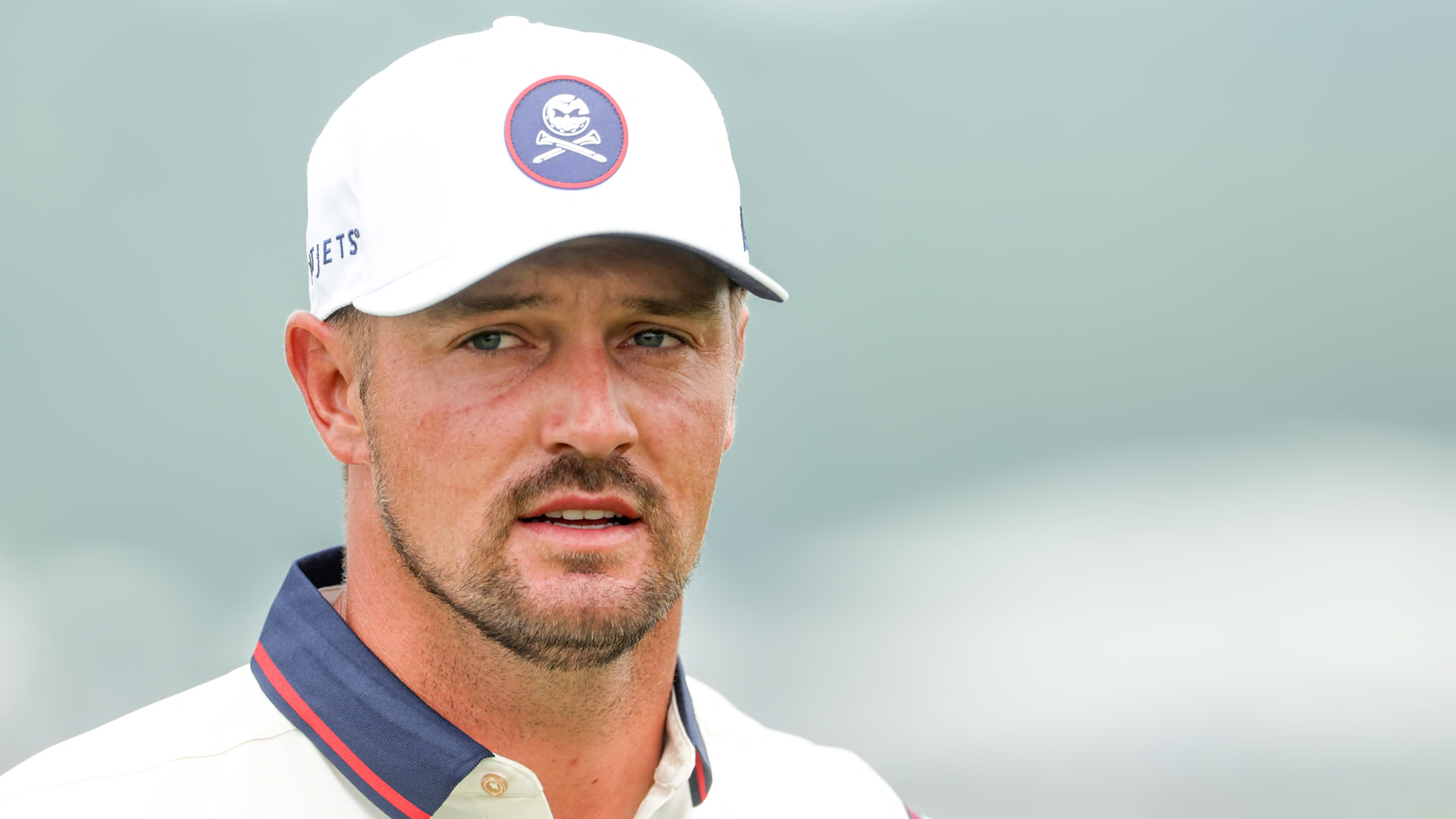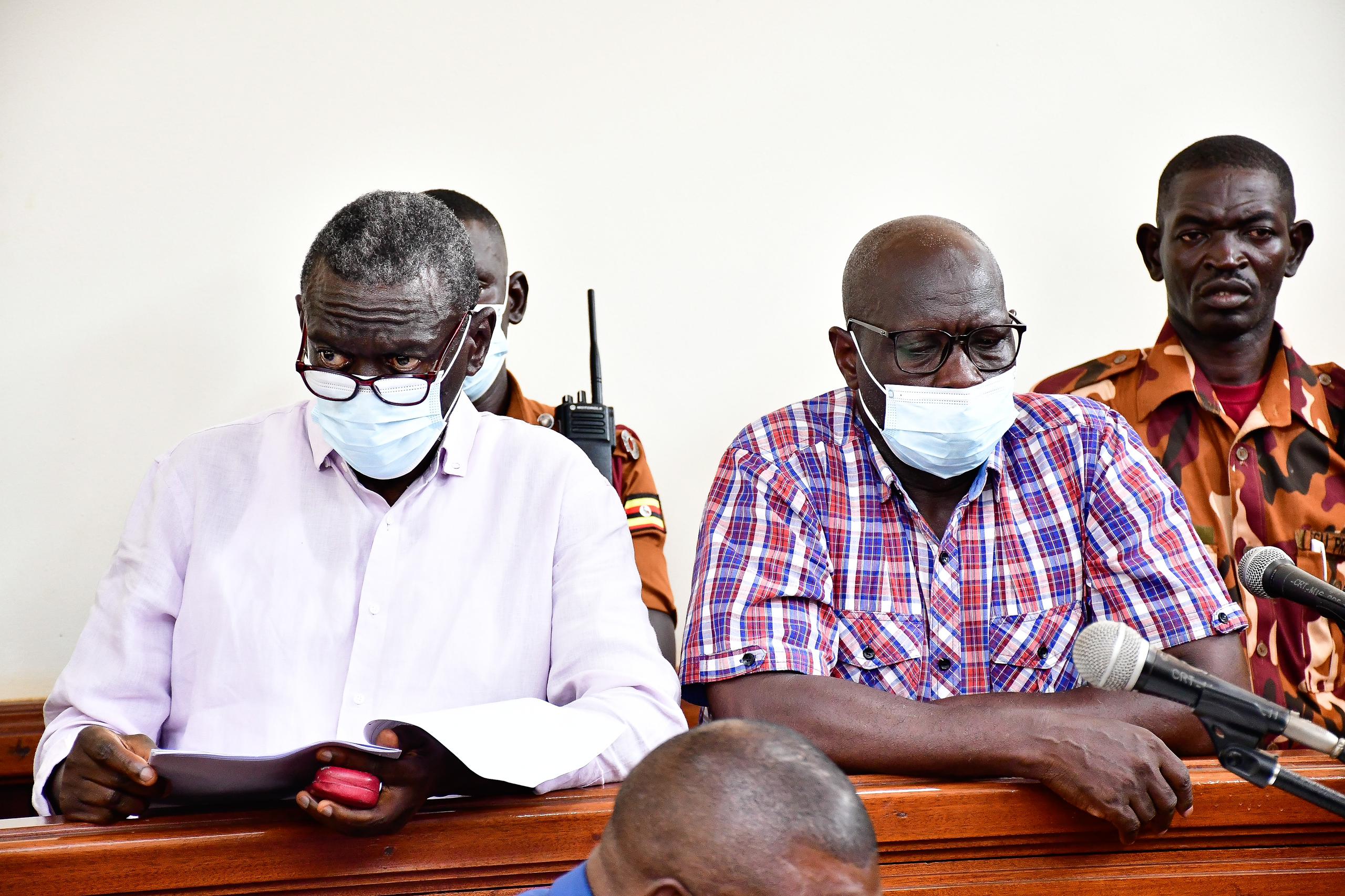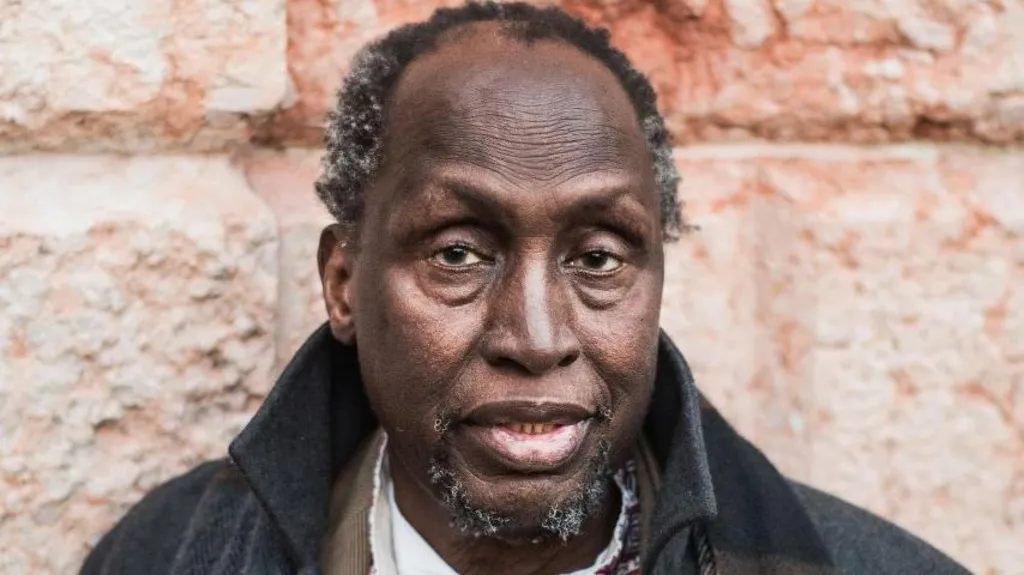
U.S. Open 2025: Why everyone is pulling for Adam Scott, and the burden of unfulfilled promise
OAKMONT, Pa. — For three restless days at the U.S. Open, the galleries at Oakmont Country Club had waited with growing impatience. They came expecting Scottie Scheffler’s dominance, only to watch him sputter. They came for Rory McIlroy's victory lap, only to witness a champion paralyzed by the weight of achieving his lifelong dream. They came for Bryson DeChambeau's bombast, only to learn that Oakmont's unforgiving terrain would not tolerate the wild abandon that Winged Foot and Pinehurst had grudgingly permitted. They came seeking drama, electricity, anything to justify their pilgrimage—only to discover that golf's most punishing examinations often yield technically sound but theatrically sterile results. The crowd—even with storms on Saturday—has been substantial in size but starved of energy, desperately searching for someone, something to give this major championship some major juice.
On Saturday afternoon, they found what they were looking for.
While only a half dozen players remain in realistic contention for the national championship, one has captured the crowd's imagination above all others: Adam Scott, chasing his first U.S. Open victory in his 24th try.
“I'm playing good, so there's no reason not to,” Scott said after a three-under 67. “I'm playing from the fairway a lot. I've played fairly conservative, and I haven't really been forcing the issue much. Could be a different story tomorrow. A lot can happen in 18 holes out here. But I like what I've done so far.”
Starting the day three shots back, Scott understood the assignment. For the first 12 holes, he played the percentages—one bogey canceled by one birdie—grinding out exactly the kind of round that was called for. This wasn't about fireworks or desperation; this was about staying alive, keeping his name on the leaderboard while others crumbled. But, eventually, all majors call for a little gusto, and Scott delivered his late in the day. His tee shot settled five feet from the pin at the par-3 13th, leading to birdie. At the short 14th, his approach shot was surgical, finding the green just a foot from the cup for another bird. But it was the 15th hole that provided the day's defining moment. After a wayward approach found the greenside bunker, Scott faced the kind of shot that can derail a tournament. From 40 yards, his ball tracked toward the hole and Scott couldn't contain himself—smirking, waving, fist-bumping his caddie in a rare display of joy. These guys are good, yet sometimes they surprise themselves with their own brilliance.
Another birdie at the drivable 17th and a steady par at 18 left him just one shot behind Sam Burns with 18 holes to decide everything.
“I just tried not to force anything,” Scott said. “I played safe shots and accepted I wasn't going to finish next to the hole when it wasn't dialed in, like on 18 I had not a really good number and I had to throw it out to the right—I had a terrible shot, but I hit it out to the right just not to miss it left, and I think I've managed it well.”
As Scott navigated his back-nine surge, something clicked in the gallery, as the pent-up energy that had been building all week finally found its release. Certain areas of the course were blocked off to fans on Saturday due to soggy conditions, yet somehow the crowd swelled in number and voice as Scott came into the clubhouse. They let him know he was their man, this was his moment, they were going to do what they could to get him where he wanted to go.
The magnetism of Scott operates on multiple levels. On the surface, two decades of impeccable conduct, wrapped in an easy smile and effortless Australian charm. Scott possesses that rare quality of making even the most questionable fashion choices look intentional—he's perhaps the only person alive who can pull off brown-on-beige-on-brown or sport a mock-collared blade without looking like he's lost a bet. But beneath the sartorial confidence lies a sharper mind, one unafraid to challenge convention or speak truths about the game.
Scott represents something golf craves: proven greatness. Unlike other major sports that romanticize underdogs, this game's establishment does not like underdogs, particularly at its crown jewel events. Scan the current leaderboard and you'll find promising young talent like Sam Burns, Viktor Hovland, Robert MacIntyre and Cam Young, plus J.J. Spaun enjoying a career breakout. But among the top 10, only Scott owns a major championship. In a sport where familiarity breeds reverence rather than contempt, fans gravitate toward the known commodity, the face they recognize, the story they can follow without needing a program.
But perhaps what truly resonates is the understanding of Scott's arc—where he's been, where he stands, and what precious little time remains. Not long ago he was golf's golden child, the swing coach's dream whose natural talent seemed destined for multiple major championships. The 2013 Masters validated that promise, earning him lifetime membership in golf's most exclusive club. Yet for players of Scott's stature, one major championship isn't vindication—it's merely the down payment on a career that should have yielded so much more. This is the cruel mathematics of exceptional talent: expectations rise to match ability, and falling short becomes not just disappointment but evidence of squandered gifts. Scott carries this burden of unfulfilled promise with grace, but it is a burden. Modern golf has evolved into a young man's conquest, dominated by power and athleticism that Scott can no longer match. He remains among the world's elite—comfortably inside the top 50—but he's no longer at the top of the conversation. He's become a passenger on a tour increasingly defined by others.
 Warren Little
Warren Little
Which brings us to the deepest source of Scott's appeal: the romantic notion that time itself can be conquered. There's something primitively satisfying about watching someone attempt what logic suggests is impossible. We saw it with Phil Mickelson's miraculous PGA Championship at Kiawah, with Justin Rose's stirring Masters charge this spring. These moments are more than golf—they're about the spirit refusing to acknowledge its own limitations.
“It would be super fulfilling,” Scott said. “Everyone out here has got their journey, you know. Putting ourselves in these positions doesn't just happen by fluke. It's not easy to do it. I really haven't been in this kind of position for five or six years, or feeling like I'm that player. But that's what I'm always working towards. It's not that easy to figure it all out. But if I were to come away with it tomorrow, it would be a hell of a round of golf and an exclamation point on my career.”
The gallery feels this pull, which is why their restlessness will continue Sunday. They understand they are 18 holes away from something rare and beautiful, for a man to claim the ending he deserves.



